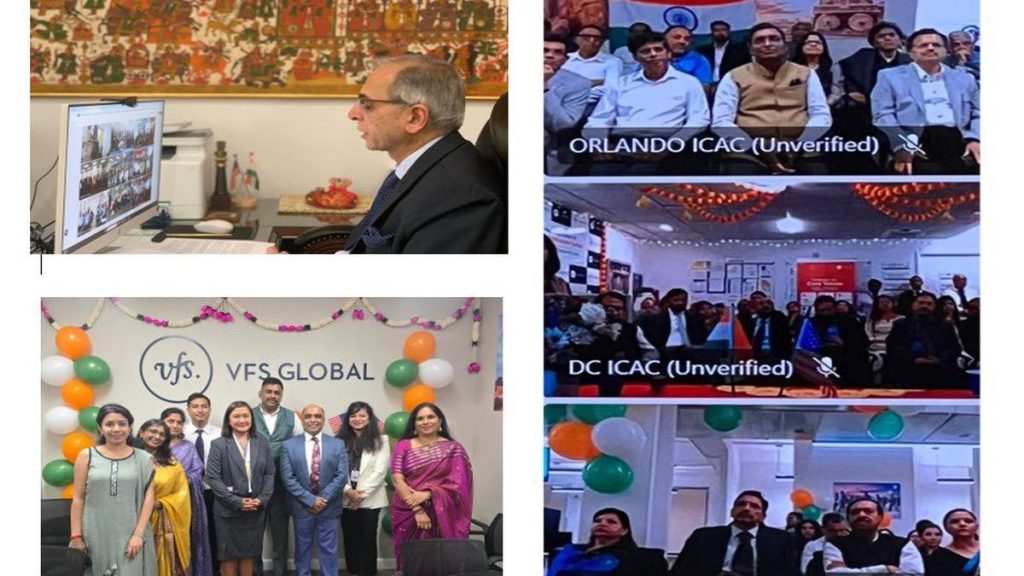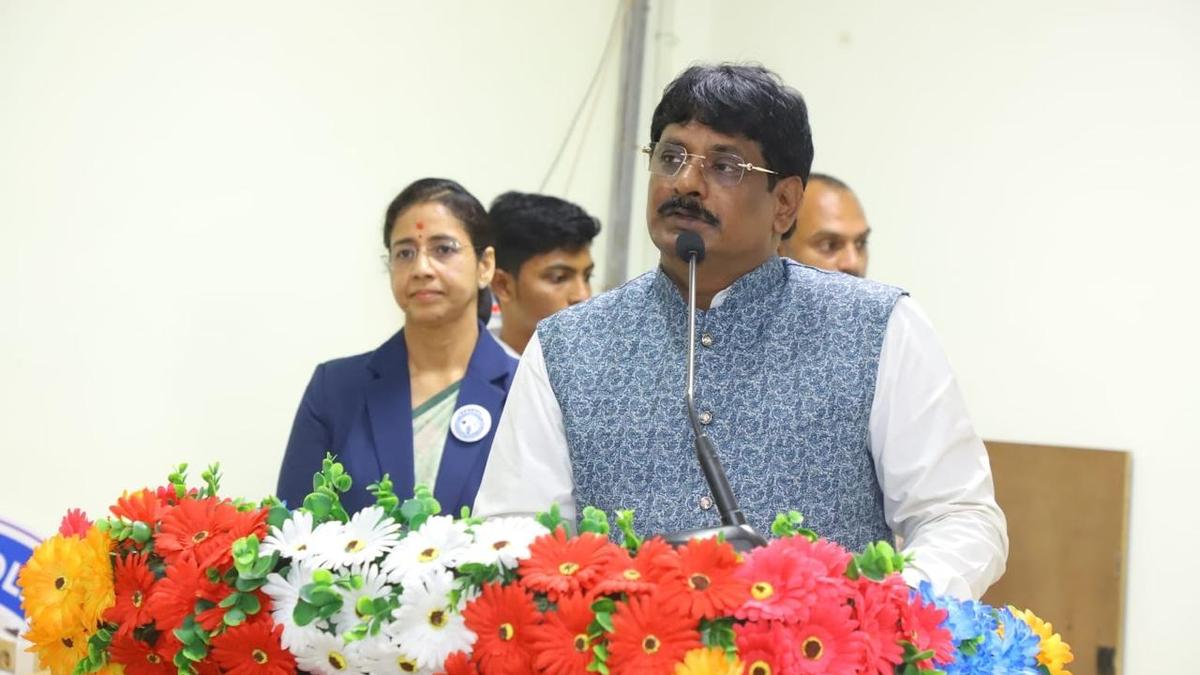Now Reading: 15 Signs of Cognitive Overload and How to Tackle Them
-
01
15 Signs of Cognitive Overload and How to Tackle Them
15 Signs of Cognitive Overload and How to Tackle Them

Rapid Summary:
- Cognitive Overload Defined: Occurs when the brain is overwhelmed by excessive mental demands, exceeding its working memory capacity (7±2 pieces of information).
- Modern Life Stats: Daily data consumption has grown from 34GB in 2008 to an estimated 75-100GB today. Digital interactions are projected to increase from 298 daily touches in 2010 to over 4,909 by 2025.
- Symptoms Identified:
– Mental Symptoms: Difficulty concentrating, unreliable memory, decision paralysis, mental fog.
– Emotional and Behavioral Symptoms: Increased stress response,irritability,social withdrawal.
– Physical Symptoms: digital eye strain and headaches due to screen use; poor sleep quality; chronic fatigue; digestive issues caused by stress.
- Hidden Causes: Workplace expectations (meeting overload), digital distractions (notifications/apps), low-quality information diets (doom scrolling), lack of cognitive downtime or restful environments exacerbated during the COVID pandemic.
- Long-Term Effects: Physical health risks like cardiovascular strain; neurological impacts like impaired neuroplasticity; heightened likelihood of anxiety disorders and depression.
- Solutions Offered:
– Immediate strategies include cognitive offloading (writing tasks down) and single-tasking focus methods.- Long-term strategies involve setting digital boundaries or prioritizing tasks using tools like the Eisenhower Matrix. Meditation and regular breaks are emphasized for recovery.
Indian Opinion Analysis:
The issue of cognitive overload highlights meaningful implications for India as it transitions into a digitally-driven society wiht increasing reliance on technology across sectors-a trend intensified post-pandemic. As remote work becomes entrenched and smartphone penetration grows exponentially even in rural areas, these strains on mental health could emerge as silent disruptors if left unchecked.India’s unique mix of workforce demographics-ranging from young professionals adapting rapidly to tech interfaces to older generations struggling with new systems-places emphasis on education around managing tech-induced cognitive load effectively. The workplace shift amplifies productivity challenges linked with mental fatigue due to digital multitasking.
Public policies emphasizing both awareness campaigns and technology design aligned toward simplicity could address some extraneous loads contributing directly to this issue.On individual levels too-from smartphones usage limits within families to advocating mindfulness programs-these can collectively alleviate pressures while advancing productivity sustainably across all strata.
भारत जैसे डिजिटल क्षेत्र में तेजी से बढ़ते देश के लिए मानसिक थकान को समझना और नीतियाँ बनाना आवश्यक है। यह चुनौती समाज के कार्यक्षेत्र एवं व्यक्तिगत जीवन दोनों में संतुलन लाने हेतु महत्वपूर्ण है।

























